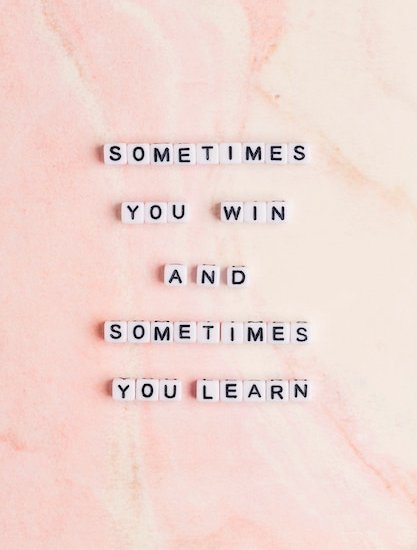Fascinating Insights on Hurricane Katrina

Hurricane Katrina was one of the most powerful hurricanes to make landfall in the United States.
The storm formed over the Bahamas on August 23, 2005.
Katrina started as a Category 1 hurricane but rapidly intensified into a Category 5 storm.
It made its first landfall on August 25 in southern Florida, causing significant damage.
After crossing Florida, Katrina regained strength in the warm waters of the Gulf of Mexico.
The hurricane made its second landfall on August 29, 2005, near Buras, Louisiana.
With winds reaching up to 175 mph, Katrina caused extensive destruction along the Mississippi Gulf Coast.
The storm surge brought by Katrina was estimated to be 27.8 feet high in some areas.
The levee system in New Orleans failed, leading to catastrophic flooding in 80% of the city.
Approximately 80% of New Orleans was underwater after the storm.
Katrina led to the deaths of an estimated 1,200 people.
The hurricane caused an estimated $125 billion in damages.
Rescue operations were difficult due to the widespread devastation and flooded areas.
Many people sought shelter at the Louisiana Superdome and the New Orleans Convention Center.
The response to the disaster was heavily criticized due to the slow and inadequate federal government reaction.
Thousands of people were stranded on rooftops waiting for rescue.
The devastation caused by Katrina displaced around one million people.
Fascinating Insights on Hurricane Katrina part 2
The aftermath of Katrina highlighted racial and socio-economic inequalities.
The storm had a significant impact on the oil industry, disrupting production and causing a spike in gasoline prices.
The National Guard and military personnel were deployed to assist with rescue and recovery efforts.
The hurricane caused significant environmental damage, including oil spills and toxic waste contamination.
In the aftermath of the storm, there was a shortage of medical supplies and an increase in public health concerns.
The population of New Orleans decreased by almost half after Katrina.
Many buildings in New Orleans’ historic French Quarter were left damaged or destroyed.
The devastation caused by Katrina led to a reevaluation of emergency response protocols in the United States.
The storm had a lasting impact on mental health, with many survivors experiencing PTSD.
Katrina revealed shortcomings in emergency preparedness and response on both local and federal levels.
The storm prompted an increase in disaster relief donations from individuals and organizations.
Many celebrities and public figures donated their resources and time to help with relief efforts.
The recovery and rebuilding process in affected areas took years, and some neighborhoods still bear the scars of Katrina.
Schools and businesses were forced to close for an extended period of time after the storm.
The impact of Katrina spread far beyond the Gulf Coast, affecting communities as far as Texas and Alabama.
The storm prompted a reevaluation of coastal development practices and the need for stronger infrastructure.
Hurricane Katrina was the costliest natural disaster in US history until Hurricane Harvey surpassed it in 20
The hurricane caused significant damage to the vibrant music and cultural scene of New Orleans.
The storm put a strain on the healthcare system, leading to the closure of hospitals and clinics.
The response to Katrina highlighted the importance of having reliable communication systems during emergencies.
The storm disrupted the education of thousands of students, with schools being destroyed or damaged beyond repair.
The recovery efforts after Katrina required massive federal funding and resources.
The storm raised awareness about the vulnerability of coastal cities to the impacts of climate change.
Katrina became a catalyst for improvements in flood protection systems and hurricane forecasting.
The hurricane prompted discussions about the long-term viability of living in low-lying coastal areas.
The tourism industry in New Orleans suffered a significant blow after the storm.
Many residents of New Orleans and the Gulf Coast still bear emotional scars from the trauma of Katrina.
The resilience and strength of the affected communities became a symbol of hope and determination in the face of adversity.

